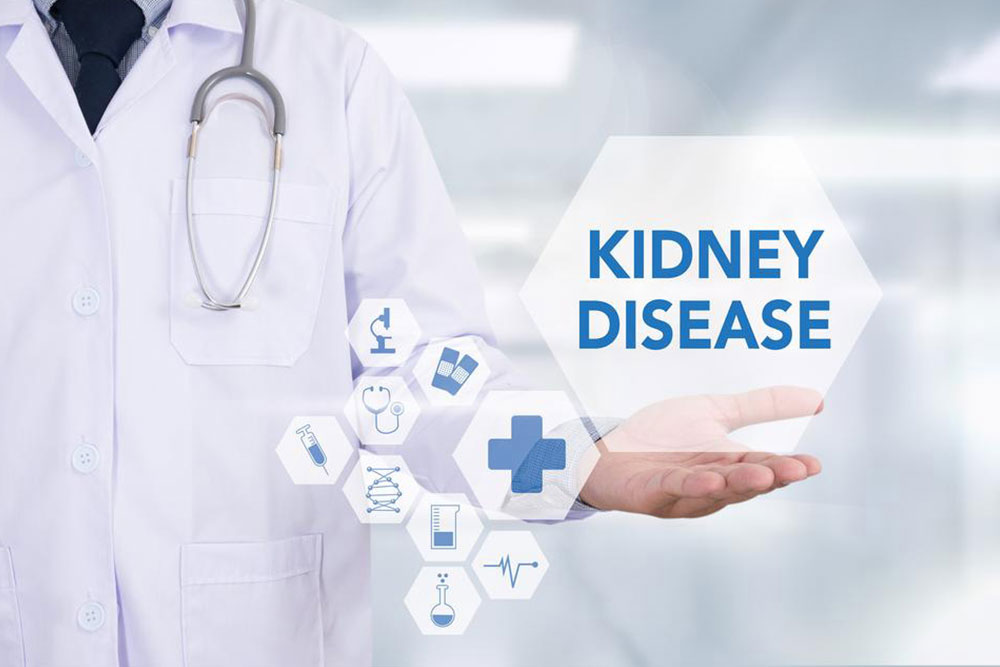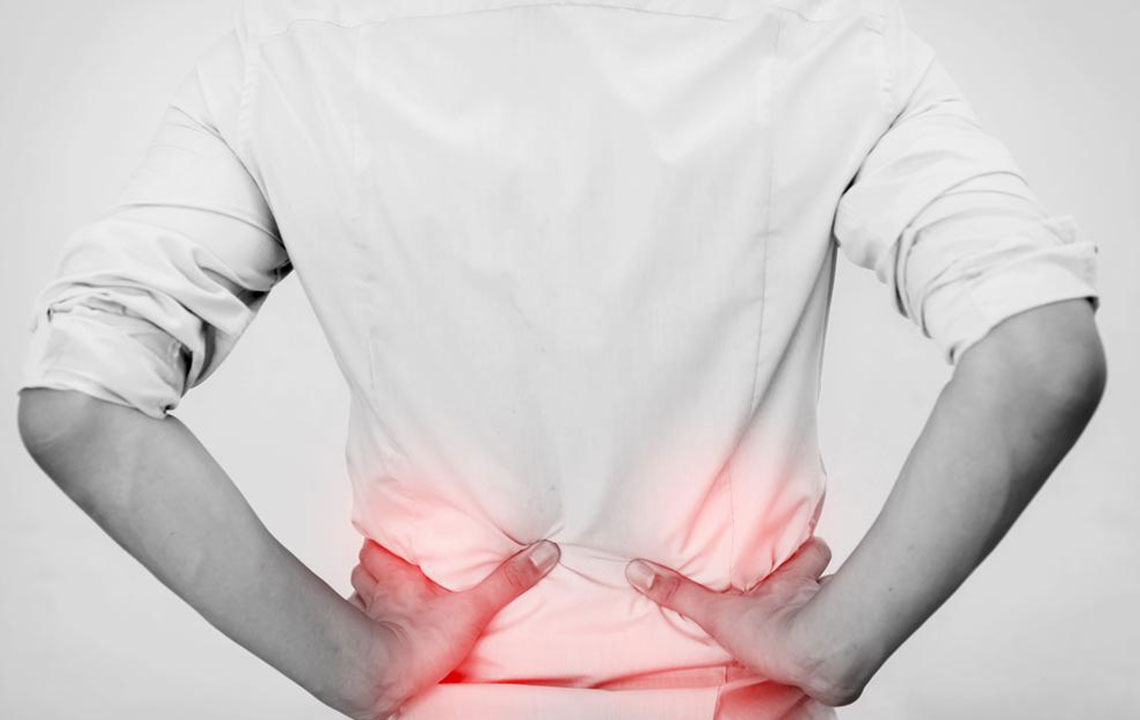Understanding Stage 3 Kidney Disease: Symptoms, Prevention, and Management
This article provides a comprehensive overview of stage 3 kidney disease, including its symptoms, diagnosis, risk factors, and preventive measures. Early management through diet, medication, and lifestyle changes can help slow disease progression. The content emphasizes the importance of regular health monitoring and early detection to avoid severe complications like dialysis or transplant. Perfect for individuals seeking to understand and manage CKD effectively, promoting awareness and proactive care.

Understanding Stage 3 Kidney Disease: Symptoms, Prevention, and Management
Rising rates of kidney-related health issues are linked to lifestyle factors. Chronic kidney disease occurs when the kidneys progressively lose their ability to function properly, but it is not full-blown failure yet. Stage 3 CKD is characterized by a moderate decline in glomerular filtration rate (GFR). At this stage, interventions like medication and dietary adjustments can help prevent further deterioration. Early detection and management are crucial to avoid the need for dialysis or transplantation later on.
How is Stage 3 CKD diagnosed?
When patients experience symptoms like urination issues, leg pain, or discomfort in the kidney area, a blood test is essential. The test evaluates kidney function through GFR, considering factors such as age, race, sex, serum, and creatinine levels. Elevated creatinine levels indicate impaired kidney function, making waste elimination difficult.
Hence, Stage 3 CKD is divided into two categories:
Stage 3A — GFR 45-59 mL/min (moderate CKD)
Stage 3B — GFR 30-44 mL/min (mild CKD)
Key symptoms include:
Fluid retention: Swelling in legs and feet, especially when shoes no longer fit, due to kidney's inability to manage fluid levels.
Fatigue: Persistent tiredness stemming from anemia, common in CKD patients.
High blood pressure: Often both a cause and effect of CKD; many Stage 3 patients experience hypertension.
Urine changes: Foamy or acidic urine, frequent urination, or blood presence indicating kidney issues.
Backache: Persistent discomfort in the lower back area caused by kidney stress.
Risk factors:
Heart conditions: Increased risk of cardiovascular issues due to declining GFR and protein leakage.
Other organs: Liver, stomach, and other vital organs may be affected as CKD progresses.
Prevention tips:
Healthy diet: Adopt a kidney-friendly diet low in protein, phosphorus, and potassium, avoiding high-fat, acidic, or processed foods. Maintain ideal weight and quit smoking.
Medications and routine tests: Regular monitoring of kidney function and adherence to prescribed drugs are vital to slow progression.
Lifestyle modifications: Avoid alcohol, quit smoking, and engage in moderate exercise to support kidney health.
Management of Stage 3 CKD involves ongoing treatment, including dialysis or possible transplantation if kidney function becomes severely impaired. Early intervention and consistent health monitoring are essential for maintaining quality of life.









